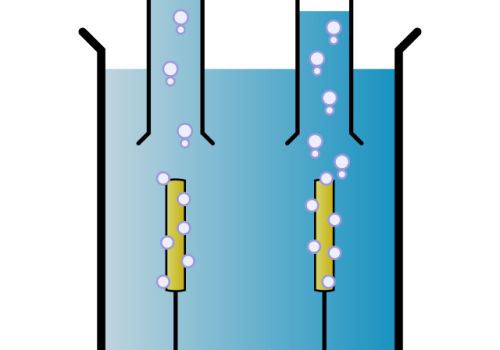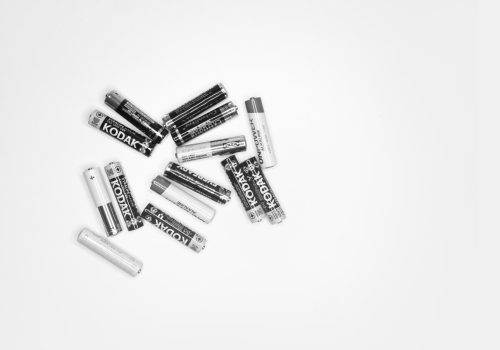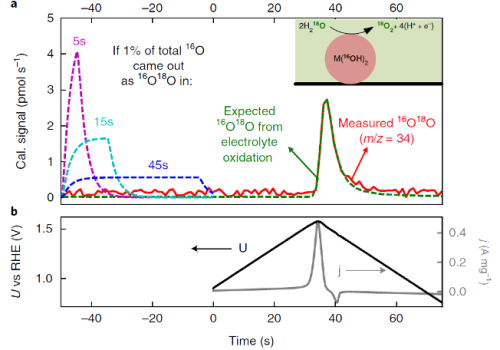EC-MS Applications
See some of the main applications of the EC-MS - our Electrochemical Mass Spectrometry - below
Main applications
See a list off all publications made by the EC-MS mass spec here
Fuel cell / electrolyser R&D
HER/CO STRIPPING
- 100% analyte collection efficiency allows accurate reaction product quantification
- Gas dosing with reactant gases. The system allows for controlling the gas saturation of the electrolyte and the study of the effect of different gases on electrodes. Electrolyte saturation is obtained in just a click and avoids the need for bubbling gas in external reservoirs for a long time.
- See CO stripping application note #1 (web page)
- See CO stripping application note #1 (pdf)
- See about HER – Hydrogen Evolution Reaction – using EC‐MS system
- See about OER – Oxygen Evolution Reaction – using EC‐MS system
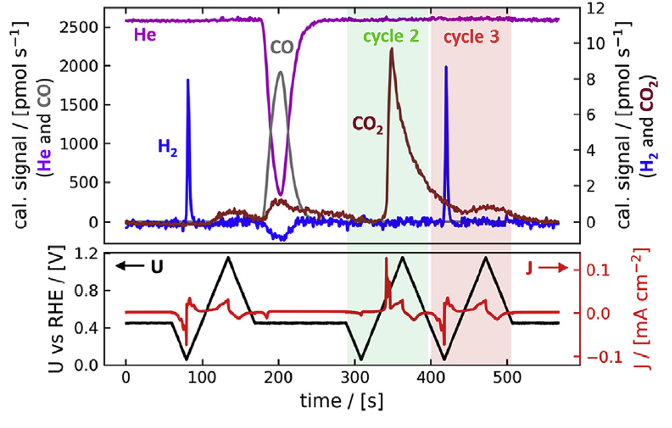
CARBON MONOXIDE REDUCTION
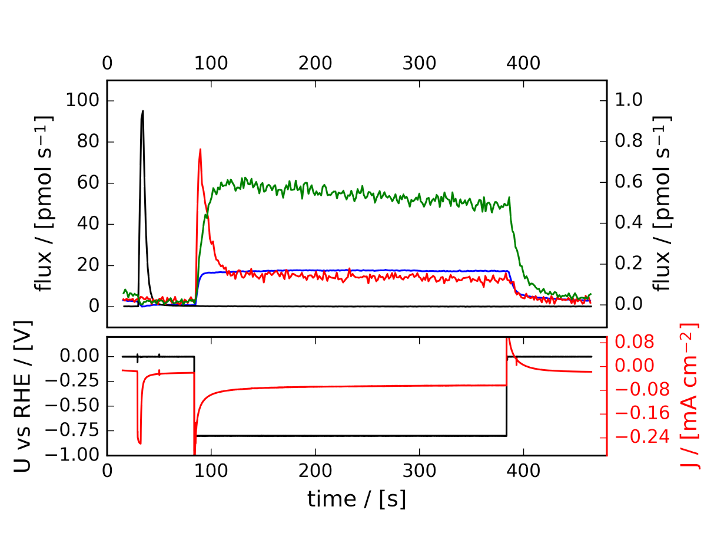
- Single turnover sensitivity. Each molecule produced on the electrode is collected into the MS so that the total production can be easily quantified. Notably, while the EC signal is drowned in capacitance immediately after the potential change, the MS signal provides unique insight into the transient behavior at the electrode surface.
- Quantification. The signals are quantified in pmol/s.
- Product detection. The instrument can easily measure CO reduction products, including multi-C products such as ethylene, ethanol, propene, etc.
- Real-time measurement. The methane release lasts only a few seconds. The high time resolution and the high sensitivity of the system allow for measuring fast transient phenomena in a fully quantitative fashion.
BATTERY R&D
The EC-MS can be used to study dissolved gasses from reactions in the electrolyte or at the electrodes of battery cells.
Gas evolution results of LiO2 or sodium-ion-battery (NIB) cells can then be used to evaluate the effect of different catalysts.
Both aqueous and non-aqueous electrolytes can be studied using different types of microchips developed explicitly for the EC-MS.
See more about the EC-MS Premium to make gas analysis for battery research
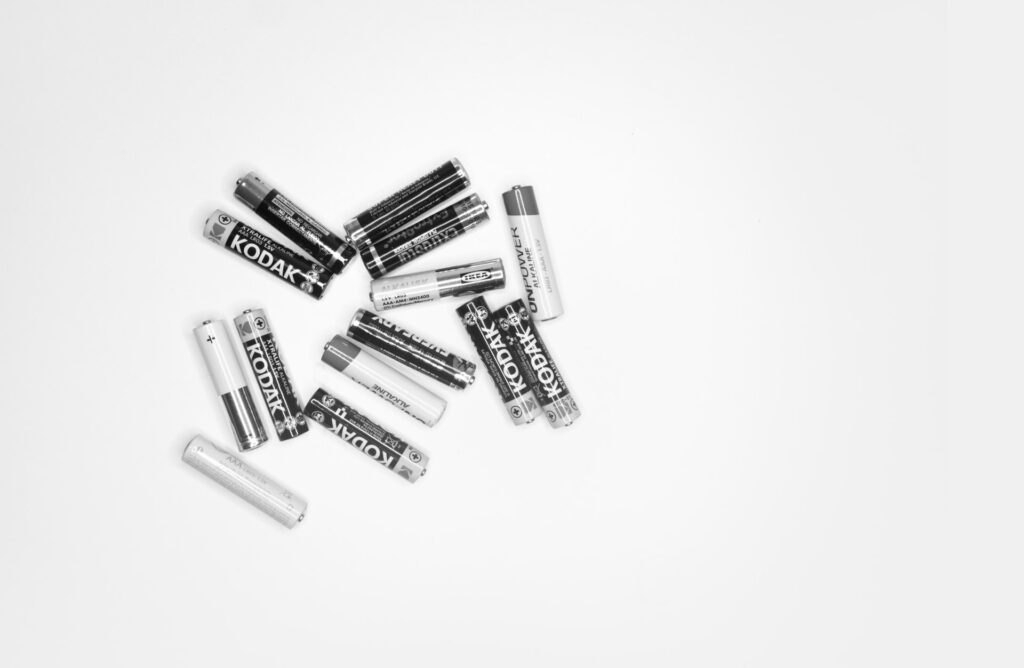
Fundamental Electrochemistry
ISOTOPE LABELING
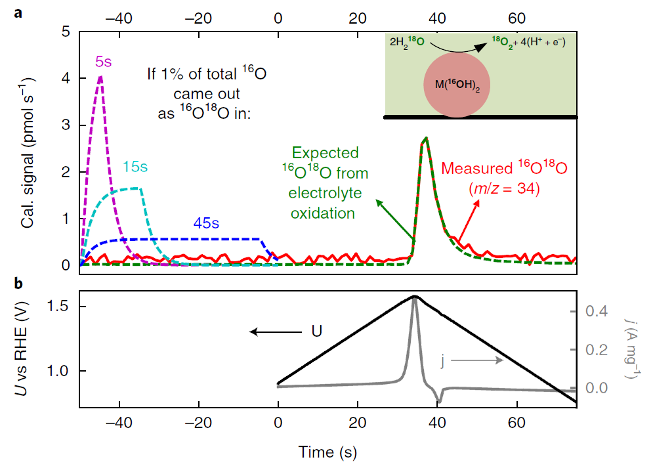
- High-resolution mass spectrometry combined with isotope-labeled electrolytes enables the unraveling of reaction mechanisms
- Standardized sample holder provides a flexible platform to study any bulk or nanostructured electrode. The instrument mounts standard off-the-shelf disk inserts from Pine Research Instrumentation. Custom nanoparticle electrodes can be, e.g., sputtered or cast on glassy carbon disk inserts.
See more about Isotope Labeling / Full Quantification Isotope Labeling

